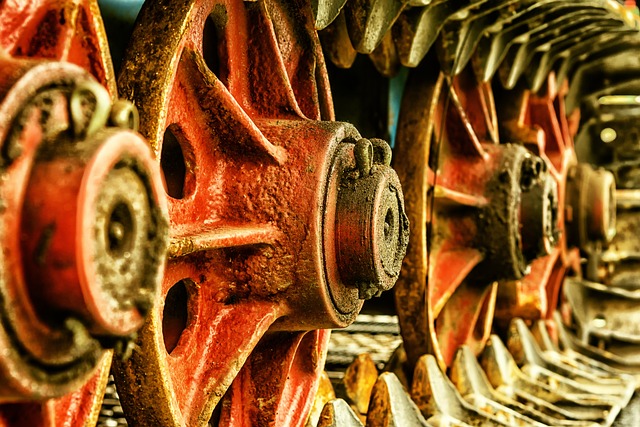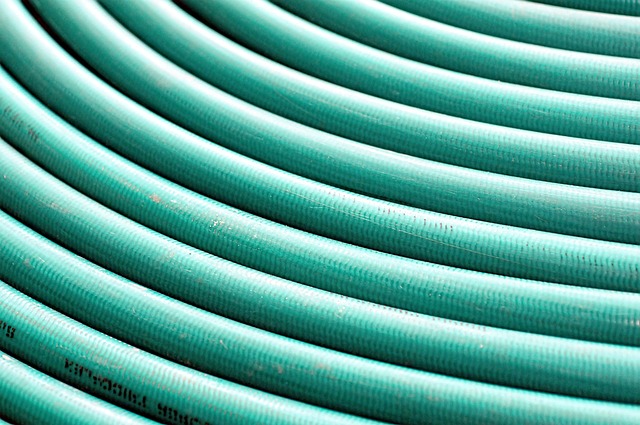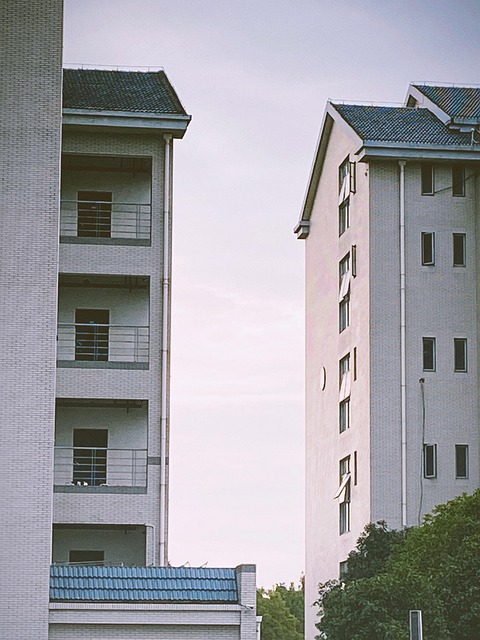Pipe corrosion, a significant threat to piping system integrity, is driven by multiple factors like exposure to corrosive substances, moisture, high humidity, improper ventilation, and inadequate material coating. Metals like steel are particularly susceptible due to their chemical reactivity in moist environments. Common causes include water supply chemicals, faulty installation techniques leading to trapped moisture, and environmental conditions such as temperature, humidity, and salty surroundings, all contributing to accelerated corrosion. Early detection of corrosion signs is vital for effective maintenance and prevention strategies targeting these common causes.
Pipe Corrosion vs. Normal Wear & Tear: Unraveling the Differences
Pipe corrosion, a common plumbing concern, can cause significant damage if left unchecked. Understanding its subtle nuances is key to maintaining efficient piping systems. This article delves into the heart of the matter, exploring the common causes of pipe corrosion and how they differ from normal wear and tear. By recognizing these distinct issues, homeowners and professionals alike can implement effective prevention strategies, ensuring longer-lasting plumbing systems. We’ll uncover the signs, causes, and solutions, focusing on the critical question: how to tell when it’s corrosion versus ordinary aging?
- Understanding Pipe Corrosion: The Common Causes
- – Discuss the basic definition of pipe corrosion and its impact on plumbing systems
- – Elaborate on factors contributing to corrosion, such as chemical composition, moisture content, and environmental conditions
Understanding Pipe Corrosion: The Common Causes

Pipe corrosion is a complex issue that can significantly impact the integrity and lifespan of piping systems. Understanding what causes it to occur is crucial for effective maintenance and prevention strategies. The common causes of pipe corrosion include exposure to corrosive substances, such as acidic or alkaline materials, and moisture. Additionally, pipes with poor ventilation or those in environments with high humidity levels are more susceptible to corrosion.
Another major factor is the material used in construction. Metal pipes, especially steel, are prone to corrode when not properly coated or treated. Over time, certain chemicals in water supplies can accelerate corrosion, leading to pipe degradation. Furthermore, improper installation techniques, such as inadequate sealing or faulty joints, create entry points for moisture and corrosive agents, exacerbating the problem.
– Discuss the basic definition of pipe corrosion and its impact on plumbing systems

Pipe corrosion is a natural process where metal pipes, over time, undergo deterioration due to chemical reactions with water and air. This phenomenon can significantly impact plumbing systems, leading to leaks, reduced water flow, and even complete pipe failure if left unattended. The primary concern with corrosion is that it often goes unnoticed until substantial damage occurs.
The common causes of pipe corrosion include exposure to moisture, especially corrosive substances like acid or salt water; high humidity environments; improper drainage allowing water to stagnate in pipes; and inadequate ventilation. These factors accelerate the deterioration process, making it essential for homeowners and maintenance professionals to recognize the signs of corrosion and differentiate it from normal wear and tear to ensure prompt and effective solutions.
– Elaborate on factors contributing to corrosion, such as chemical composition, moisture content, and environmental conditions

The common causes of pipe corrosion stem from a complex interplay of factors. One of the primary drivers is the chemical composition of the pipe material itself. Different metals have varying levels of resistance to corrosion, with some, like iron and steel, being particularly susceptible when exposed to moist environments. The presence of corrosive substances in water, such as chlorine, sulfuric acid, or organic compounds, can significantly accelerate corrosion processes.
Environmental conditions play a crucial role too. Exposure to high temperatures, humidity, and wetness increases the likelihood of corrosion. Salty environments, like coastal areas, pose additional risks due to the high salt content in air and water, which can lead to a process known as galvanic corrosion. Additionally, moisture trapped within pipes, often due to poor drainage or inadequate ventilation, creates ideal conditions for corrosion to flourish, compounding the effects of chemical exposure.
Pipe corrosion and normal wear & tear can often be mistaken for one another, but recognizing the subtle differences is key to effective maintenance. By understanding the common causes of pipe corrosion, such as chemical composition, moisture content, and environmental conditions, you can better assess issues within your plumbing system. Regular inspection and prompt action against corrosion can prevent costly repairs and ensure the longevity of your pipes. Remember, differentiating between corrosion and normal wear & tear is the first step in maintaining a reliable and efficient plumbing system.
